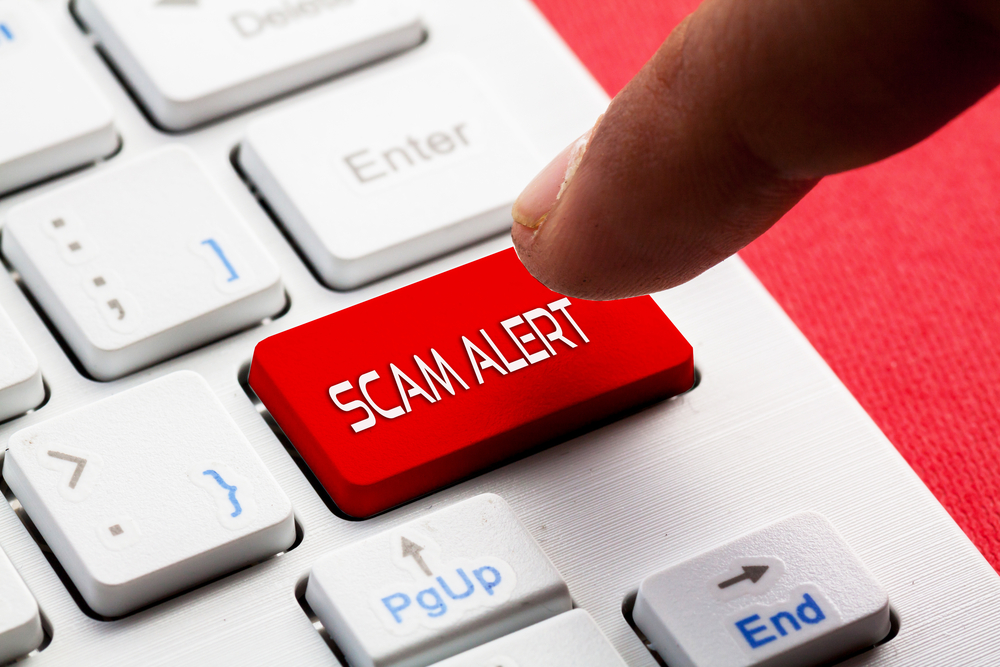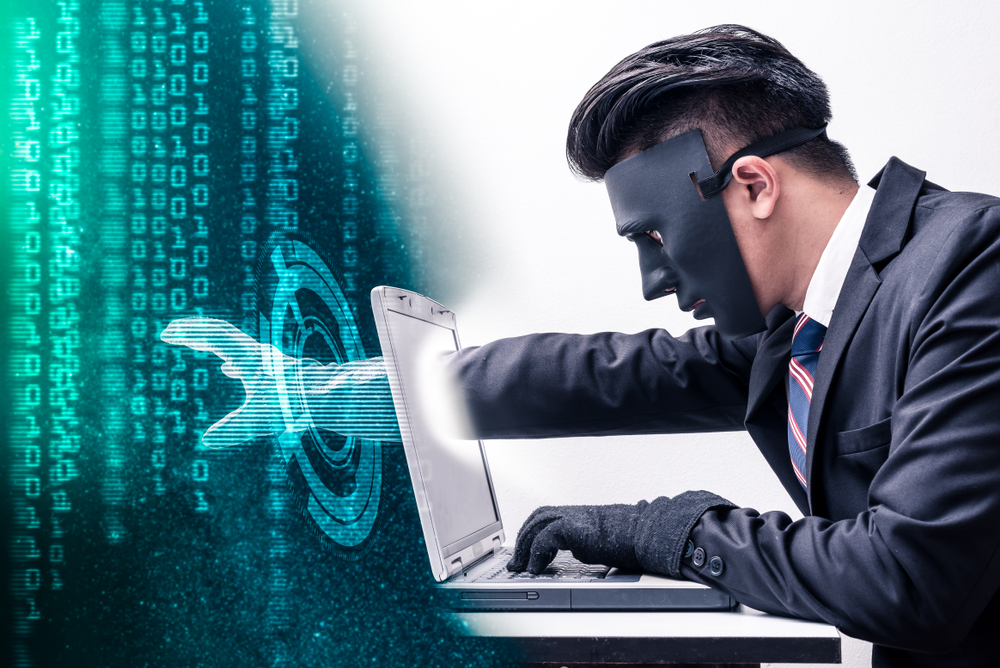
Email phishing is a serious matter. Phishing experts tend to look like legitimate businesses, but ask for personal details like your bank account or credit card details. No legitimate business would ask for these details, so be very suspicious if what looks like a legitimate business asks for this information.
How to detect a phishing email
As mentioned above, phishing scams can look like a legitimate business. They may put a logo on the email and sound like a legitimate business. One red flag is if they ask for sensitive information like your bank account or credit card details. This is not what a legitimate business will do.

Before you open a phishing scam, check the email address. A legitimate business will have a legitimate business name, but a phishing scam may have an email address that is not legitimate.
Phishing scams are not uncommon. In 2017, Australians lost $340 million to this type of scams. Some of them come at times you may overlook. For example:
- They can come during the holiday seasons
- They can be tax scams and ask for your sensitive information
- Hackers often target businesses
- A hacker can pretend to be a charity fund
- They can claim to be a celebrity
As mentioned above, check the email address before you fall for any of these scams. A hacker's email address is your best insurance against being taken in by them. They cannot use a tax accountant's name or a charity fund. They might use the words in the email, but look closely and you will see they don't come from an accountant or a charity fund.
Be suspicious if a scammer uses a gmail or yahoo account. No legitimate business will use gmail or a yahoo account. They will have another account, possibly linked to their website address.
What to do if an email phishing scam is in your inbox
Before you open a file, check the email address it came from. If it doesn't look legitimate, don't open the email. If they ask for bank or credit card details, don't give them to them. No real business would ask for these details. If they have something to sell, it will be on their website and they will use a legitimate source for paying money for goods they offer.
You are not likely to get an email from a celebrity. They don't send emails to anyone. If the email says it is from a celebrity, be very suspicious of it. If the celebrity asks for information from you, don't give it to them because a celebrity would never ask for sensitive information. Their management company might send emails about upcoming events, but they would never ask for sensitive information.
How to protect your email from phishing
First you need to know how scammers get your email address. They literally scrape them from the web. If you have replied to a forum, they will take your email address from the forum. They will look for email addresses on blogs and they have programs that can search for emails and collect the data and share it with the scammer. In other words, scammers can find email addresses using programs with ease.
One way scammers use emails to get what they want is to create a fake sweepstakes page. Everyone wants to win a sweepstakes, but when they give their sensitive information like a credit card or bank details, the scammer will take money from them and since the sweepstakes is fake, no one will win the sweepstakes. Instead, the scammer takes all the money.

One way to prevent phishing scams is to find an antivirus program that removes them. Many antivirus programs can't do this, so you may have to pay for an antivirus program that can remove phishing scams from your email address. It will be money well spent because you may fall for a phishing scam and pay dearly for it. There are many legitimate phishing scam antivirus solutions. Some of them include:
- SpamAssassin is a good one for Windows based computers
- SpamSieve is a good antivirus for Mac computers
Whatever you do, don't click on a link in an email you suspect is a phishing scam. The link could be to what appears to be a legitimate site, but the website won't be legitimate. It might entice you to buy something and if you use your credit card, you won't get what is offered. Instead, the scammer will keep the money and move on to other targets.
Be aware of phishing scams and you won't have to be fooled by them. Check the email address and don't share sensitive information with them. As mentioned above, no legitimate email would never ask for your sensitive credit card or bank details.
Originally published on Jul 12, 2016








